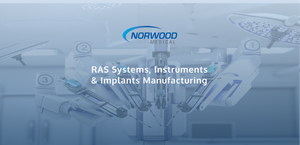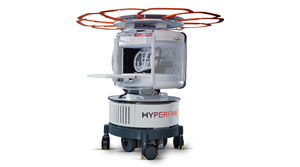January 1, 2009
NEWS TRENDS
InHealth's 2008 Research Projects Peter Neumann, ScD Amalia Issa, PhD, MPH Max Stachura, MD John Bridges, PhD John Linehan, PhD |
How, exactly, do medical devices and diagnostics affect health, both socially and economically? Those are the questions being asked by the Institute for Health Technology Studies (InHealth).
To find an answer, InHealth has granted $1.7 million to various researchers. These researchers are charged with examining the economic and social effects of diagnostic and therapeutic medical devices on treating diseases and chronic medical conditions. (See the sidebar, “InHealth's 2008 Research Projects.”)
The economic effect of medical technology is not well understood by users, manufacturers, or regulators, especially when estimating (or scoring) the cost of new laws. “It's ignored,” says Martyn Howgill, InHealth's executive director. When regulators score a technology, he says, they will often only look at the cost to the government. “Savings are included only if they benefit the federal budget, if there is clear evidence of them, and if they occur in applicable budget windows,” he says.
The goal of the InHealth grants, explains Howgill, is to study the ignored cost-benefit effects of devices. “We're trying to bring balance to the system,” he says. “If you only count the cost of healthcare and not the benefits, the percentage becomes disproportionate.”
Proving the benefit of devices is a significant challenge. There is a shortage of good methodologies for determining the value of medical technology, Howgill says. The researchers chosen by InHealth have new ideas about methodology that could give regulators a stronger idea of value, he says. For example, one researcher is using conjoint analysis, a statistical method often used in market research, to study the social and economic effect of hearing aids.
InHealth is a nonprofit organization specializing in research, analysis, and education about the social and economic value and impact of medical devices and diagnostics. “Our job is delivering and making grants,” Howgill explains. “We exist to provide evidence that is useful in making intelligent decisions.”
Copyright ©2009 Medical Device & Diagnostic Industry
About the Author(s)
You May Also Like


